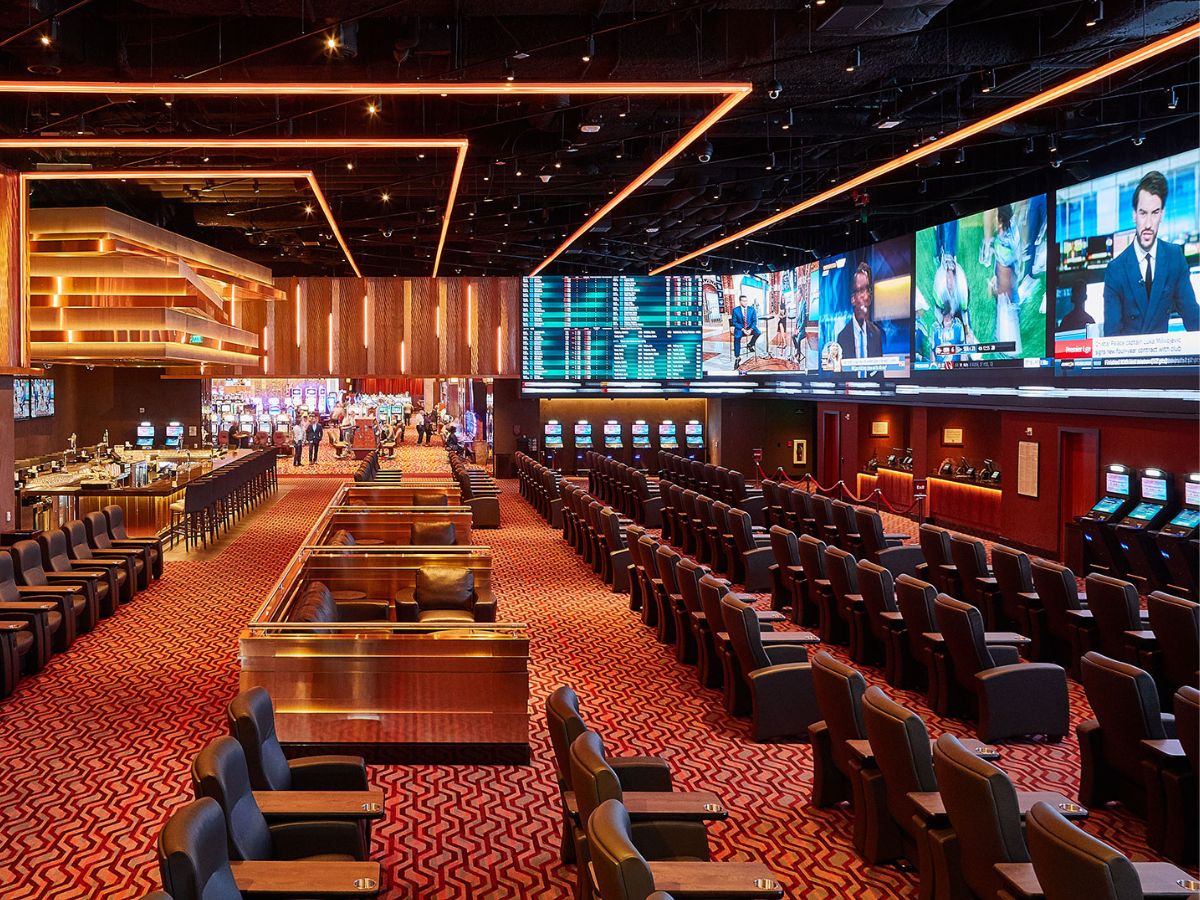
Casino entertainment have long been a significant aspect of human culture, offering not just entertainment but a captivating reflection of our hopes, ambitions, and anxieties. From the spinning reels of a slot machine to the tactical play of poker, these games encapsulate a variety of human sentiments and incidents. Khuyến mãi Ae888 At their core, casino games are not just a chance to earn cash; they are a reflection of life itself, where risk versus reward intertwine and luck can change in an eye blink. Ae888
As players gather around tables or sit in front of glowing machines, they engage in a tradition that transcends mere playing. These games reflect our instinctive desires for social interaction, thrill, and the search for fortune. They also disclose deeper truths about human psychology, such as our relationship with chance and the adrenaline of uncertainty. In exploring casino games, we discover not only the mechanics of play but also the complex weave of the human journey, showcasing our woven narratives of hope and reality.
The Mind Behind Gambling
Gambling is deeply rooted in human psychology, tapping into various feelings and wants. The excitement of taking risks is a core aspect that attracts participants, whether the excitement of spinning a roulette wheel or the excitement of drawing a winning card in a poker game. This rush of adrenaline is often compared to other forms of excitement, as the uncertainty of outcomes triggers a unique psychological response. Gamblers often find themselves entranced by the possibility of striking it rich, leading to an irresistible draw toward gambling games.
Another, an essential component of the psychology behind gambling is the concept of hope and aspiration. Participants often nourish fantasies of financial freedom and the opulent lifestyle that can accompany winning. This optimism fuels their ongoing participation in gambling, as it provides a sense of meaning and the belief that a transformative win could be just one bet away. The narrative of overcoming odds and finding success resonates with many, strengthening their commitment to play and engage with these games.
Lastly, social dynamics play a crucial role in gambling psychology. Gambling venues are designed to promote social interaction, where players gather to share the journey of wins and losses. This communal aspect not only amplifies enjoyment but also influences behavior, as individuals often imitate the actions of others around them. The collective approval found in shared excitement can magnify the emotional experience, making casino games a reflection of not just personal desires but also shared involvement within the gambling community.
### Risk and Reward: A Double-Edged Sword
Gambling games embody the fragile balance between risk and reward that resonates profoundly with human nature. The excitement of placing a bet is often accompanied by a rush of adrenaline, as participants are confronted with the prospect of winning big, yet cognizant of the possibility to suffer losses. This bipartisan experience reflects a fundamental aspect of life: the decisions we face often come with intrinsic risks, and the quest for benefit can compel us to embrace risks we might not typically consider. In this way, gambling activities echo real-world decisions, enticing players to gamble not just their money, but also their aspirations.
The allure of big prizes and winnings fuels a sense of optimism, encouraging players to envision a brighter future that could manifest from a single victorious spin of the wheel or turn of a card. This optimism can drive individuals to engage in more daring actions, pushing them to extend their limits in search of economic benefit. However, just as in life, the results of these decisions can lead to both triumph and failure. The narratives of both big winners and those who have faced losses everything at the casino demonstrate the unpredictable nature of chance and its significant impact on our futures.
Ultimately, the experience of engaging with casino games serves as a strong reminder of the human condition. Every round played is imbued with the tension of ambiguity, as gamblers weigh the rewards against the dangers. This dynamic not only highlights the thrill that comes with gambling but also reveals the weaknesses that come with the longing for more. As we journey through the challenges of choice and results in both the casino and in life, we find that the quest for gain shapes our identities and lives in profound ways.
Community and Isolation in Casino Environment
Casino environment is a distinct mix of communal interaction and individual pursuit, reflecting the dualities of human experience. Players often come together around tables, experiencing in the thrill of the game, celebrating wins, and sympathizing over losses. This communal aspect is essential, as it fosters a sense of belonging and bonding among diverse groups of people. Regular visitors to casinos may build friendships and develop routines, turning the casino into a second home where they feel connected to a greater community of players.
However, the appeal of casino games can also result to isolation. As players become immersed in the thrill of gambling, they may withdraw from personal relationships or neglect to engage with the world outside the casino. For some, the pursuit of a windfall can distract from real connections, leading to isolation. The situation of being surrounded people yet feeling solitary is not rare, as the attention shifts from shared enjoyment to the private concerns of each individual’s journey.
This interaction of society and isolation creates a rich tapestry that defines casino culture. It highlights the intricacy of social interactions, where happiness and sorrow coexist. Gambling venues serve as both a refuge for social interaction and a platform for individual challenges, demonstrating how intimately connected our yearning for connection and the individual quest for wealth can be. In navigating this landscape, players confront their own narratives—seeking both the rush of the wager and the companionship of fellow players, eventually mirroring the wider spectrum of human experience.
